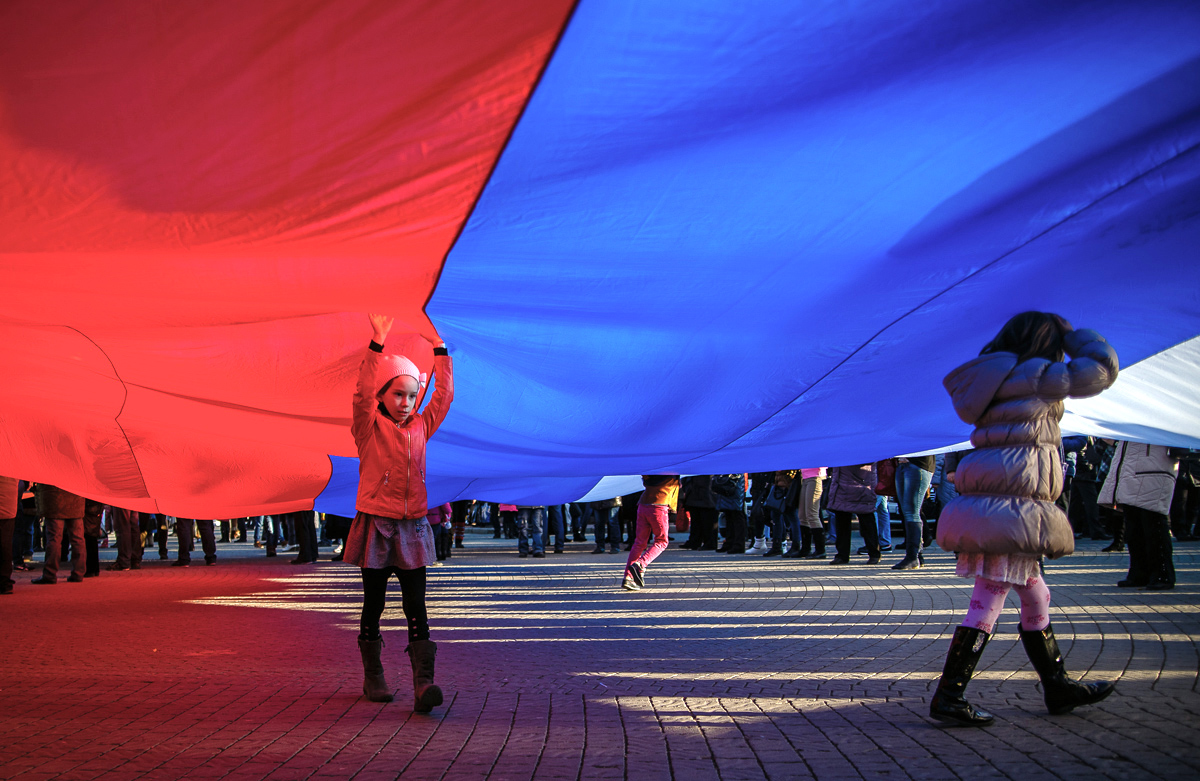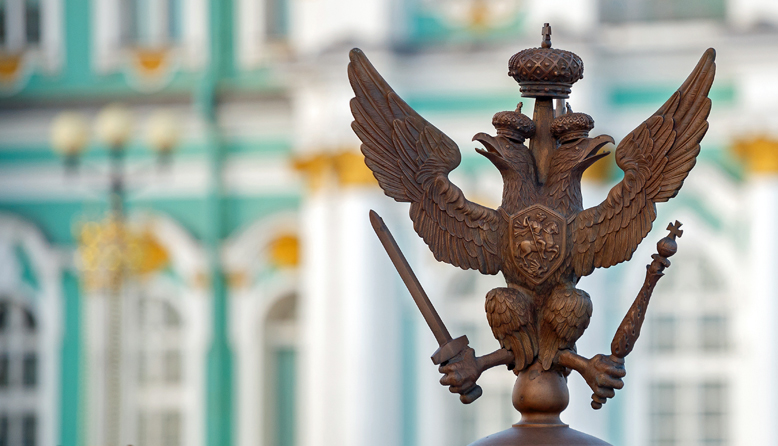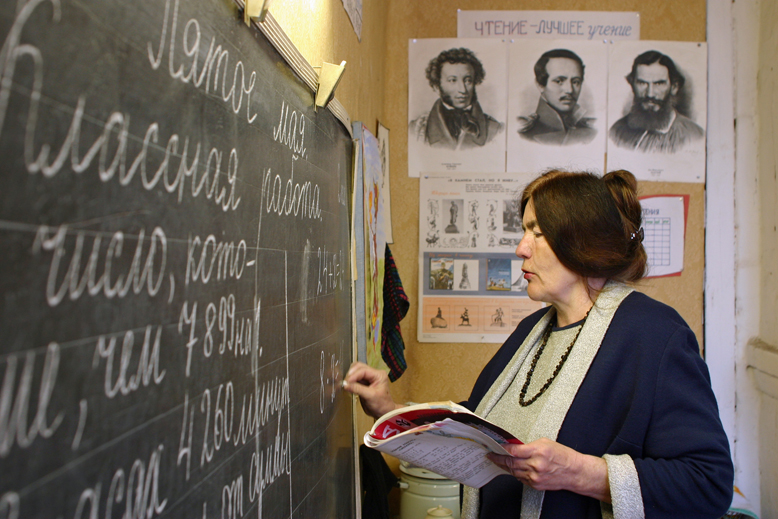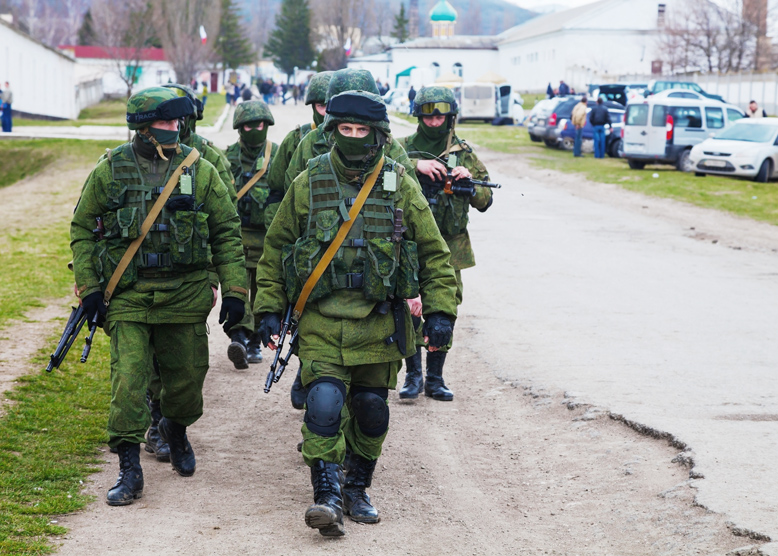
Rethinking the “Russian World” concept
Analysis. More than a quarter century after the collapse of the Soviet Union, there is still no consensus in Russia on what kind of polity it is. In the struggle over how to define the Russian state, the Kremlin cherry-picks from nationalist tropes in pursuit of its policy goals, writes UI Senior Fellow Igor Torbakov.
Publicerad: 2018-06-15
The concept of Russkii Mir (the Russian World) has been one of the key drivers of the Kremlin’s foreign policy in recent years, especially in Ukraine and elsewhere in the former Soviet space. But now some Russian strategic thinkers are calling for the concept to undergo a facelift so that it can help resolve a domestic dilemma over the nature of the state.
More than a quarter century after the collapse of the Soviet Union, there is still no consensus in Russia on what kind of polity it is. Various strands of Russian nationalism – civic nationalists, ethnonationalists, imperialists, Eurasianists and others – appear to find themselves in the Hobbesian-like state of war “of all against all” over how to define the Russian state. The Kremlin under these conditions is pragmatically cherry-picking and embracing various nationalist tropes in pursuit of its policy goals.
A panoply of opinions on the nature of the Russian state was on full display at several events co-organized by Russia’s Council on Foreign and Defense Policy and Moscow’s Higher School of Economics in late 2016. The general theme for the discussions was: “Empire in the ‘Post-Empire’ Era, and Nation in the Post-National World.” The exchange of views, largely overlooked by domestic and international observers at the time, was summed up in the survey “Between Empire and Nation”, published in 2017.

Symbol of the Russian Empire on the Palace Square in St. Petersburg. Photo: Shutterstock
At the center of the debates was a crucial question: What is Russia today: is it a nation or an empire? One group of experts participating in the discussions argued that the present-day Russian Federation is not an empire because, for Russia, the “imperial stage” is already history. But neither is it a nation because Russian political realities militate against building a viable nation-state. The most vexing problem is the Soviet legacy in the form of institutionalization and territorialization of ethnicity – i.e. the existence of a number of ethnically defined autonomous republics.
Another intellectual challenge is the lack of political participation: When there is not democracy, any talk of a civic nation is simply empty rhetoric. Russia, experts in the first group contended, is not even a genuine federation as that presupposes the presence of regional political actors enjoying a high degree of autonomy. Such characteristics are lacking and they don’t appear likely to emerge any time soon.
An opposing group of experts in the debates suggested that Russia continues to be an empire – one without fixed or clearly delimited borders. Russia, they argued, is forced to act like an empire – both within its own territory, such as in the North Caucasus, and beyond its international boundaries. In the emerging new world order, these experts claimed, Russia is doomed to “imperial solitude.”
Under present conditions, Russia’s sense of strategic solitude, which is, of course, a feature of an imperial outlook, appears unavoidable. Whereas “regular” nation-states tend to join various broader blocs and alliances, Russia at present doesn’t fit well into any of existing supranational organization. A big reason for this is the fact that most international institutions would require Russia to embrace the idea of genuinely collective decision-making, as well as give up a measure of sovereignty as a condition for membership – something the Kremlin seems unwilling to do.
As Vladislav Surkov, a top Putin aide, put it in his recent essay in a leading foreign policy journal, Rossiia v globalnoi politike, “From 2014 onward, a new period of unknown length spreads before us – the ‘[20]14+’ era, in which we face one hundred (two hundred? three hundred?) years of geopolitical solitude.”
The third, and seemingly largest, group of experts present at the events sought to bridge the gap between the two opposing views. They advanced the vision of Russia as a unique “civilization.” The notion of a “state-civilization,” they argued, solves the riddle of Russia’s future that is embodied in the rigid empire-nation dichotomy. It highlights both the importance of national identity, especially the primacy of Russian culture, along with tolerance for other, non-Russian cultures. Also, unlike the idea of empire, the notion of “civilization” appears devoid of expansionist connotations.
Adherents of the third group suggested that a combination of the vision of Russia as a distinct civilization with a revamped notion of a Russian World – one thoroughly cleansed of ethnonationalist irredentism and imperial revanchist ambition – could help build Russia’s new “state project.” It would be both “post-imperial” and supranational.

School in Podol village, Tver region. Photo: Shutterstock
An immediate task these days, argue a number of Russia’s prominent political thinkers like Fyodor Lukyanov and Alexey Miller, is to reformulate the Russian World concept to better frame its cultural, constructive and non-aggressive aspects. At the heart of the new-look Russkii Mir should be the Russian language and culture as the most effective instrument of Moscow’s soft power. According to Aleksei Chesnakov, a Kremlin-connected political analyst, “the support and strengthening of the Russian World as a world of Russian language, Russian culture and the world of politics conducted in the Russian language will undoubtedly remain a long-term priority of Russian foreign policy.”
Russian imperial instincts, however, die hard. It would appear that even in its most benign form, the Russian World concept would retain some sharp edges. Whatever the importance of soft power tools, Chesnakov asserted, “Russia will have to take a much tougher stance in protecting the borders of this real Russian World, which was created and expanded first by the Russian Empire, and then by the Soviet Union.”
As he and other like-minded analysts see it, a Russian supranational “civilization” faces multiple challenges in post-Soviet Eurasia, such as that posed by Ukraine with its new law on the language of instruction in educational institutions that curtails the Russophone sphere. There’s also the challenge offered up by Kazakhstan’s decision to switch from Cyrillic to Latin script. It is precisely because Russia is a supranational “civilization”, and not a national state, some Russian strategists argue, that it will always oppose nation-states in its neighborhood that take steps to check the influence of Russian and Russian culture. In this sense, Russkii Mir is destined to be in constant conflict with any “nationalist project” across Russia’s borders.

Russian soldiers marching on March 5, 2014 in Perevalne, Crimea. Photo: Shutterstock
The Russian World concept’s potential to stoke tension is clearly sensed among Russia’s neighbors. Remarkably, even many ethnic Russians and Russophones residing in ex-Soviet states seem to be suspicious of a “special” Russian World, which they suspect would be designed to act as a top-down hierarchical structure intent on subordinating Russian diaspora populations to Kremlin policies. The attitudes of Russians living beyond Russia’s borders cannot be shaped by Moscow, argued Janis Urbanovics, a Latvian lawmaker. Rather, he suggested, it should be a bottom up process whereby centers of Russian culture spring up spontaneously all over the world with Moscow playing the role of a helper, not that of a boss.
A more serious challenge for those hoping to give the concept a make-over is the amount of bad press that Russkii Mir has received. For example, Anna Gusarova, a research fellow at the Kazakhstan Institute of Strategic Studies, contended that Moscow’s land grab in Crimea cemented in place an image of Russia as an aggressor. Thus, in the medium-term perspective, Gusarova asserted in this year's special issue of Rossiia v globalnoi politike, the “Russian World concept is doomed.”